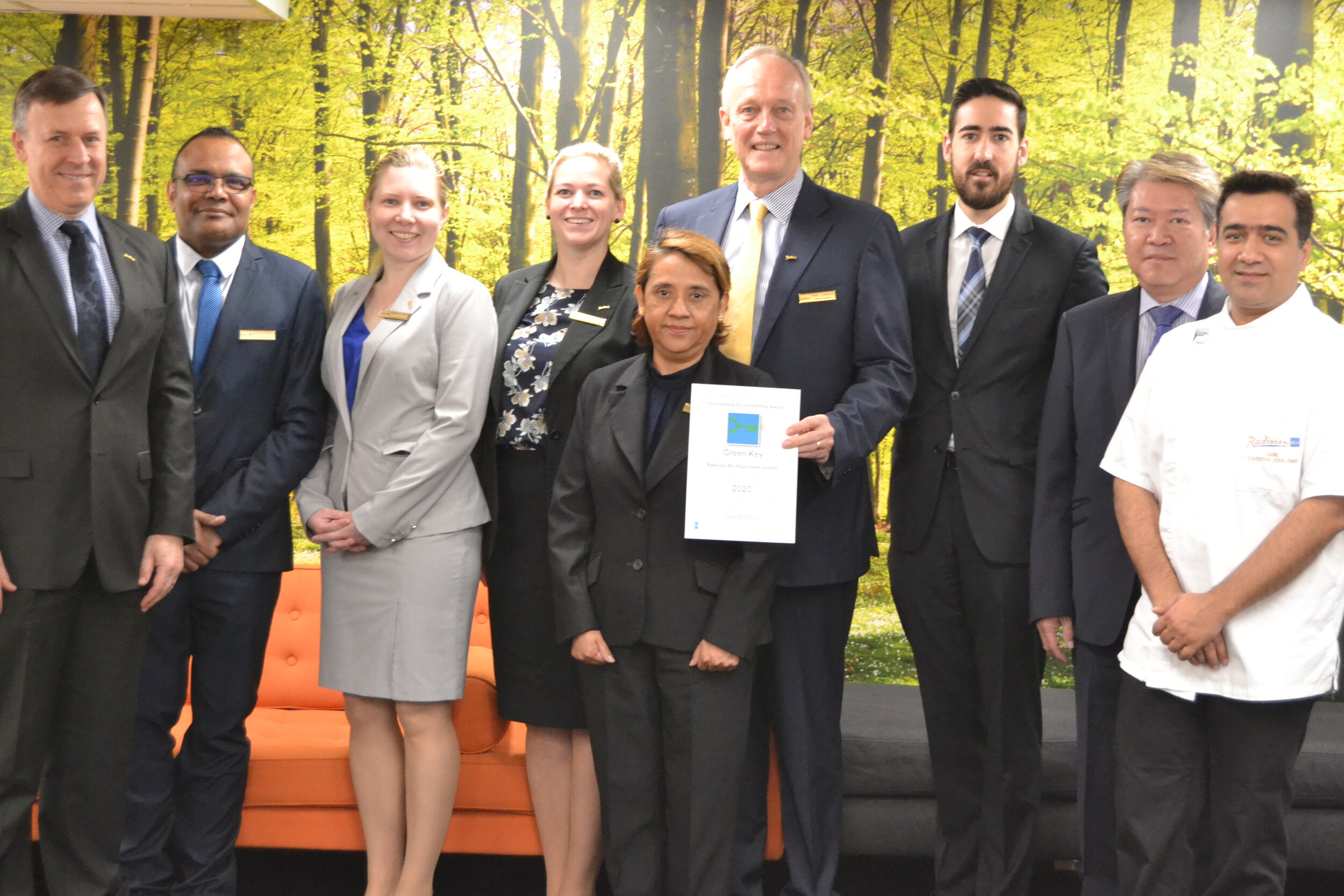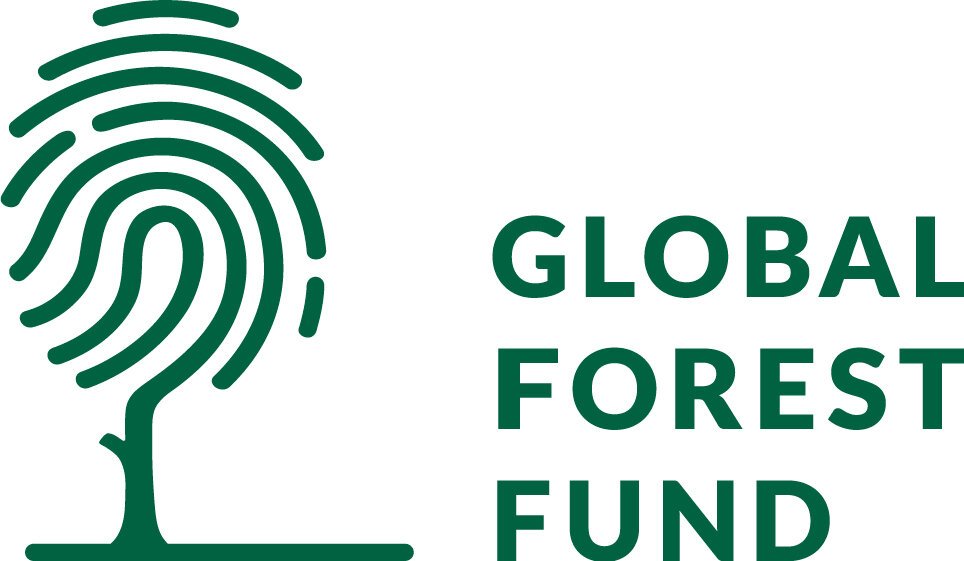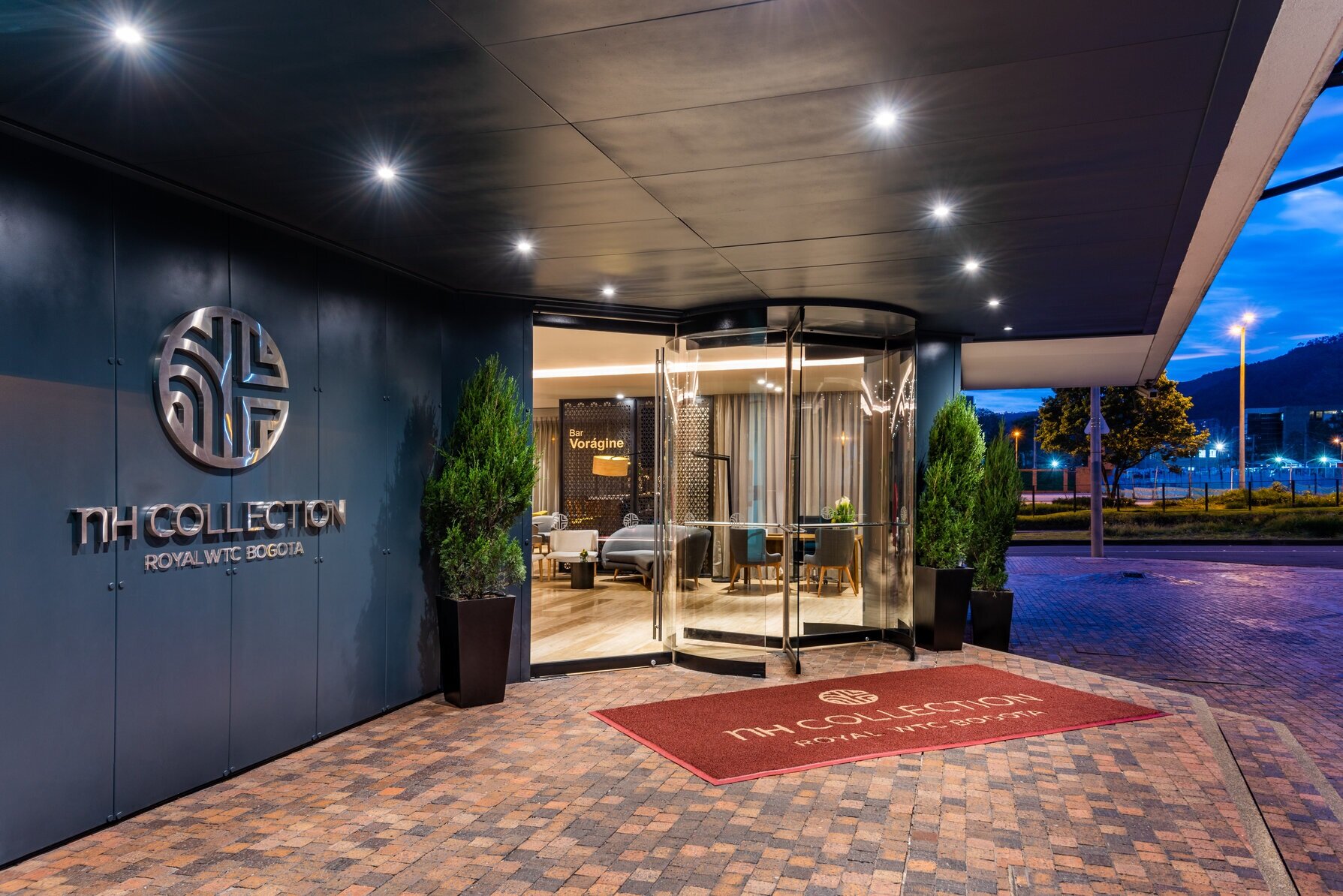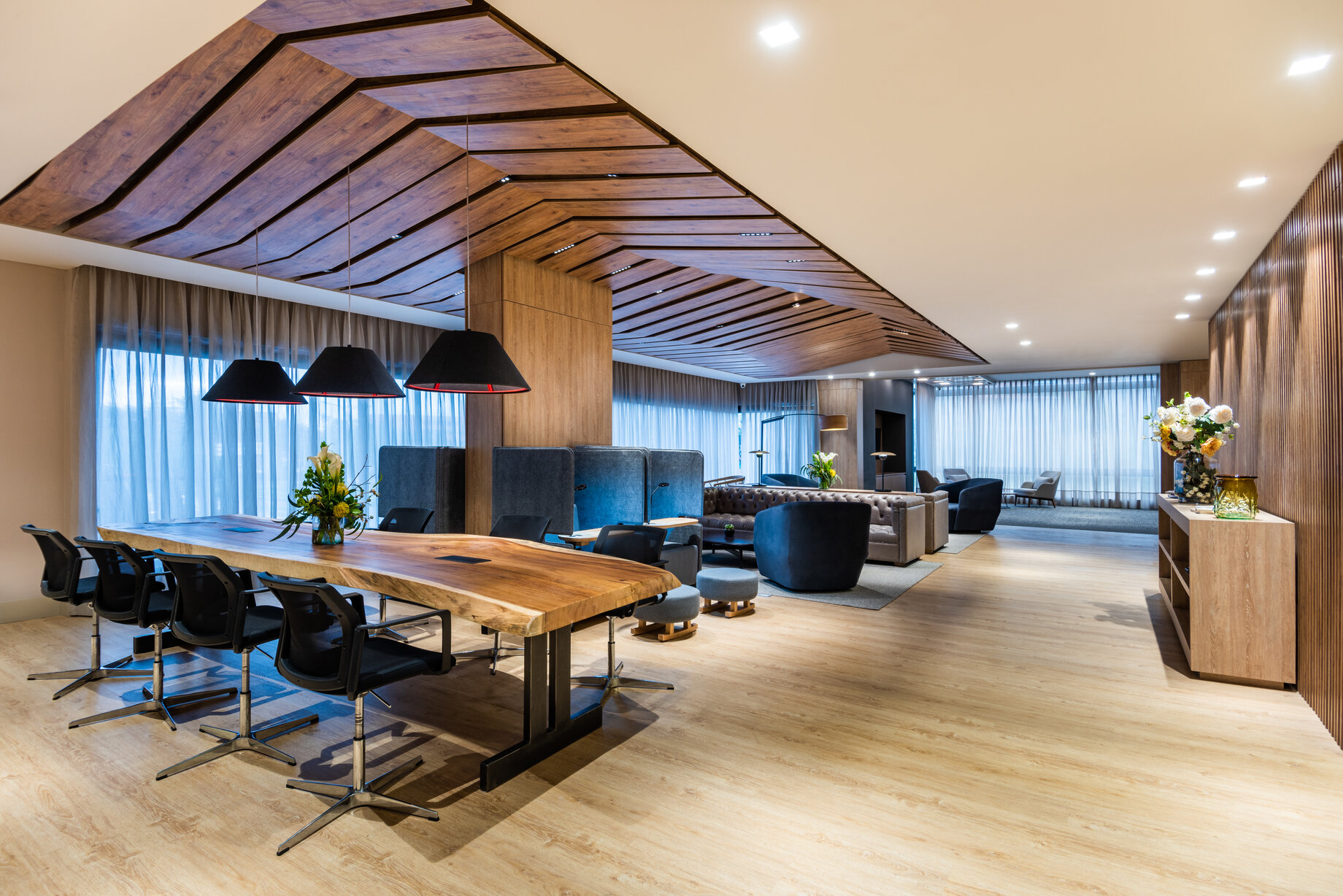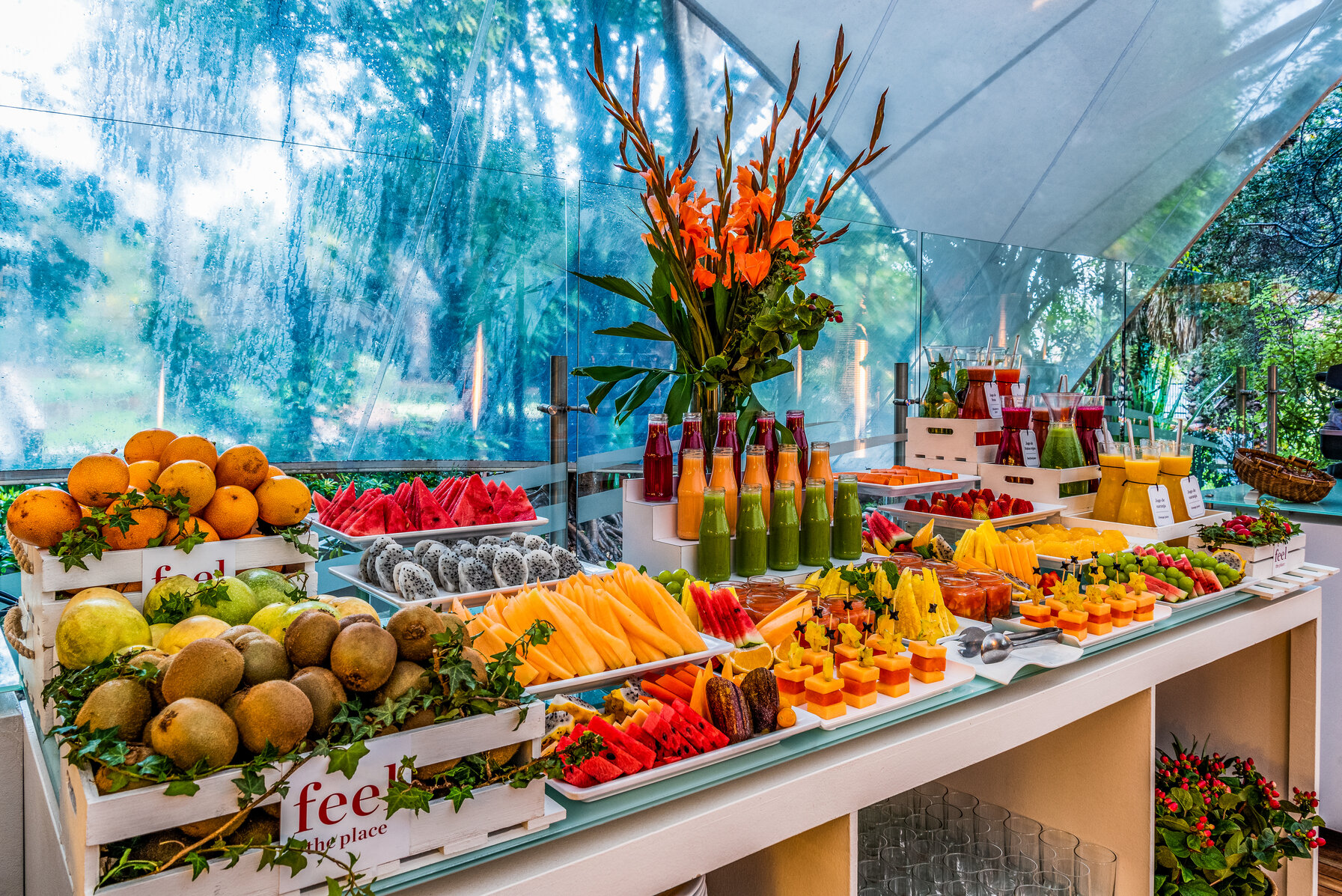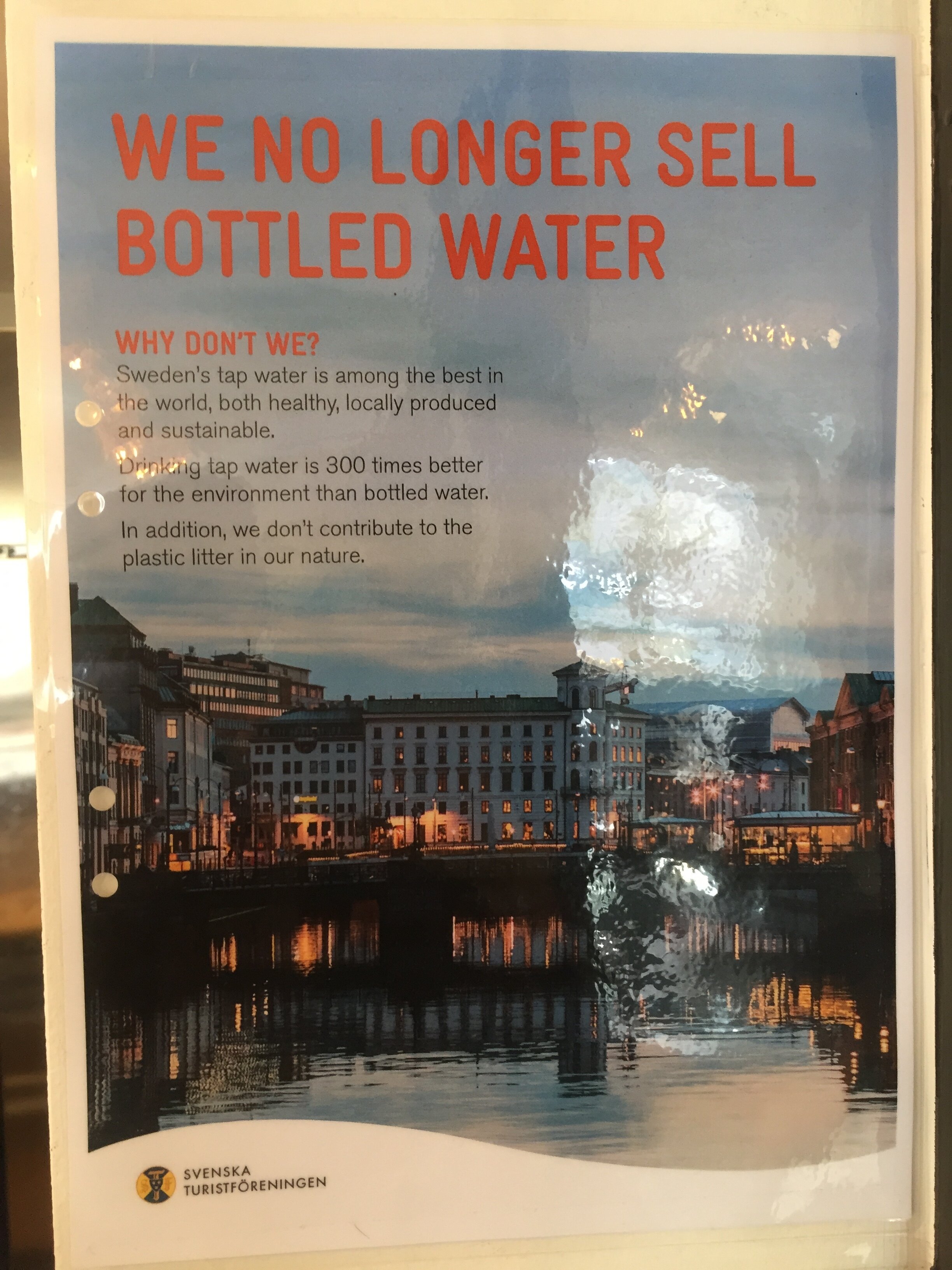Radisson Blu Plaza Hotel Sydney received the Green Key certification for the first time for its commitment to sustainability.
From left to right: Terry Oomens (Director of Sales & Marketing), Jean-Bernard Raousing (Chief Engineer), Stefanie Peters (Front Office Manager), Annika Spaans (HR Manager), Cecilia Gutierrez (Assistant Housekeeper), Peter Tudehope (General Manager), Mitchell Turner (Hotel Manager), Jeffrey Wong (Financial Controller) & Sahil Sabhlok (Executive Sous Chef)
Radisson Blu Plaza Hotel Sydney has several responsible business initiatives fitting consumer demand and concerns about our impact on the environment. The establishment follows Radisson’s Responsible Business strategy.
Regarding energy consumption and savings, the hotel aims to source 100% renewable energy for the property in 2020 thanks to a new initiative and industry partnership. It included water-saving showerheads to save water and the staff awards bonus Radisson Reward points to guests who opt out of daily housekeeping.
Radisson Blu Plaza Hotel Sydney is going plastic-free and got rid of plastic straws by replacing them by biodegradable straws. Furthermore, it is the first hotel in Sydney to install a Waste to Water system, a food waste processing unit using microorganisms to minimize waste and allowing the hotel to have less than 5% of food waste going to landfill.
The staff and leadership team support the local community and are involved in many activities to make a difference. They participate in Soap for Hope, a programme re-purposing used soap cakes from the hotel into new soap for local disadvantaged people in the community. Thanks to their last event, over 200 new soap bars were produced and distributed to a charity helping people in crisis housing. Moreover, they raised money during the hotel’s last annual Gala Dinner to provide educational assistance to local children. They also support drought victims in rural Australia by raising funds through several outlets during the Christmas period.
General Manager, Peter Tudehope said, “It is exciting and satisfying to see how the Radisson brand’s commitment to Responsible Business influences our own staff’s actions. Our employees are able to get involved as well as suggest new ways we can improve our dedication to being an eco-friendly hotel.”
Staff is playing a key role in the hotel’s Responsible Business principles. Thanks to the latter’s input, the hotel has been using microfiber cloths in housekeeping since 2007 and in this way reduced the need for harsh cleaning chemicals and equipment. 14.4 million litres of water have been saved due to this initiative.
It is great to see that a hotel can produce such an inclusive workspace culture with teams creating initiatives to contribute to a great range of causes!

